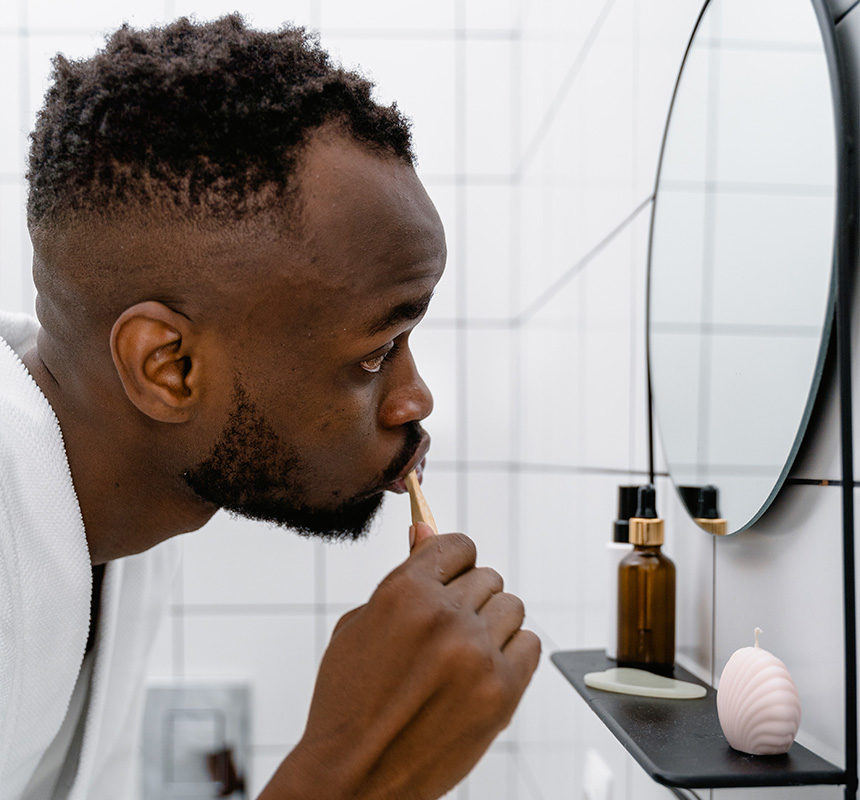
Oral Hygiene Instruction
Home Care
- Brush your teeth twice a day for two minutes. Always use a soft toothbrush. It is best to use a fluoride toothpaste to help with cavity prevention
- Floss your teeth once a day.
- Try to limit acidic and sugary foods in your diet.
- Incorporate alcohol-free mouth rinses to improve gum health and reduce tooth decay.
- Be sure to visit your dental professional regularly for exams and cleanings.
Cavity Prevention
Most of the time cavities are due to a diet high in sugary foods and a lack of brushing. Limiting sugar intake and brushing regularly, of course, can help. The longer it takes to chew food the longer the residue stays on teeth, the greater the chances of getting cavities.
Every time someone eats, an acid reaction occurs inside their mouth as the bacteria digests the sugars. This reaction lasts approximately 20 minutes. During this time the acid environment can destroy the tooth structure, eventually leading to cavities.
Consistency of a person’s saliva also makes a difference. Thinner saliva breaks up and washes away food more quickly. When a person eats diets high in carbohydrates and sugars, they tend to have thicker saliva that allows more acid-producing bacteria that can cause cavities.
Tips for Cavity Prevention
- Limit frequency of meals and snacks.
- Daily brushing, flossing and rinsing.
- Watch what you drink.
- Avoid sticky foods.
- Choose nutritious snacks.
Denture Care Advice
Only your dental professional is qualified to diagnose your oral health and adjust your denture. Be sure to visit your dental professional regularly.
- Dentures should be brushed inside and outside daily with a soft, large nylon denture tooth brush with round-ended bristles.
- Use denture creams instead of toothpastes, which are too abrasive and will scratch your denture. Rinse with cold water.
- Dentures warp if placed in hot water.
- Inspect your denture regularly for worn teeth. Worn and stained dentures can make you look older and cause your dentures to function poorly.
- Discuss all your current medications with your doctor and dental professional.
- Have loose dentures checked immediately as they can cause friction and pressure on the gum tissues and bones.
- When not in use, cover dentures with water or a denture-cleaning solution to prevent them from drying out.
- Most dental insurance policies provide coverage for new dentures every 5 years.



